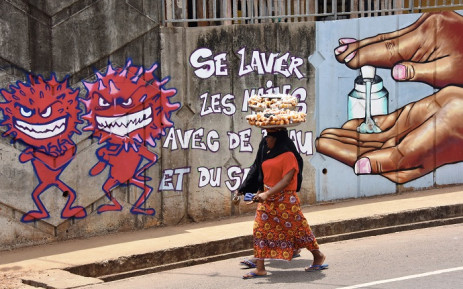The West African states of Guinea and Togo announced late Tuesday that they were extending exceptional measures to curb the spread of coronavirus.
Guinean President Alpha Conde, in a decree read on national television, said restrictions would be extended by another month from Thursday, while in Togo, Prime Minister Selom Komi Klassou said a “health state of emergency” would be carried forward for another six months.
Guinea imposed nationwide measures on March 26 that have been repeatedly rolled over since then.
Some measures, such as closures of schools and borders, have been eased but others, including restrictions on public gatherings, remain in place.
Critics accuse the authorities of using anti-coronavirus laws to gag protests and political rallies in the runup to tense presidential elections on October 18.
One of the world’s poorest states, Guinea has recorded 10,111 cases of coronavirus, 63 of them fatal.
Togo’s parliament gave the government a six-month approval for anti-coronavirus measures on March 30, and the latest extension was approved unanimously, Klassou said.
The country has registered 1,595 coronavirus infections, 40 of them fatal, but the tally rose after the country reopened its airports on August 1.
“With this extension, we have 180 days to provide further protection for our fellow citizens, their work (and) purchasing power, to preserve our children’s school careers and remake our lifestyle while pursuing economic and social development,” he said.





